This book presents an inclusive, and resilient solution to Africa's wide-ranging food security challenges, particularly in fragility, conflict, and violence-affected countries. It assesses the costs and benefits of using two frontier agriculture technologies, insect farming and plant hydroponics, to create a circular food economy in Africa.
Hinweis: Dieser Artikel kann nur an eine deutsche Lieferadresse ausgeliefert werden.
Hinweis: Dieser Artikel kann nur an eine deutsche Lieferadresse ausgeliefert werden.

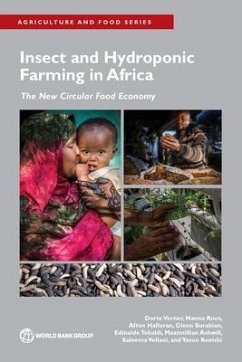
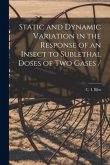
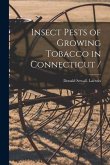
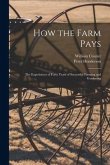
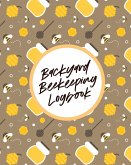
![Putting Farming on a Modern Business Basis: [being a Letter to the Secretary of the Kansas State Board of Agriculture] Putting Farming on a Modern Business Basis: [being a Letter to the Secretary of the Kansas State Board of Agriculture]](https://bilder.buecher.de/produkte/65/65628/65628796m.jpg)
![What I Know of Farming [microform]: a Series of Brief and Plain Expositions of Practical Agriculture as an Art Based Upon Science What I Know of Farming [microform]: a Series of Brief and Plain Expositions of Practical Agriculture as an Art Based Upon Science](https://bilder.buecher.de/produkte/64/64369/64369574m.jpg)
![Successful Farming [microform]: How to Farm for Profit, the Latest Methods Successful Farming [microform]: How to Farm for Profit, the Latest Methods](https://bilder.buecher.de/produkte/66/66185/66185657m.jpg)